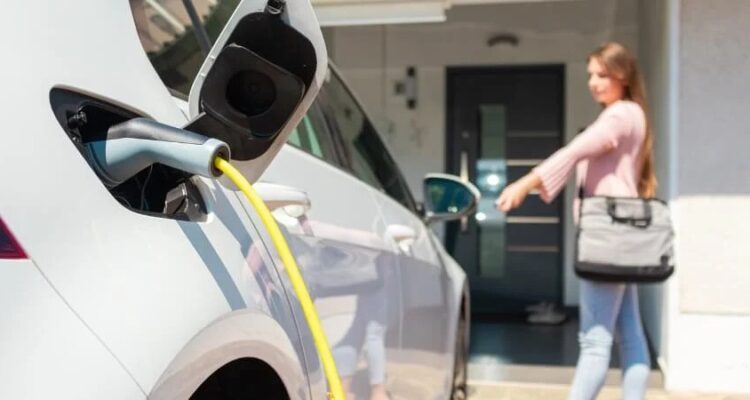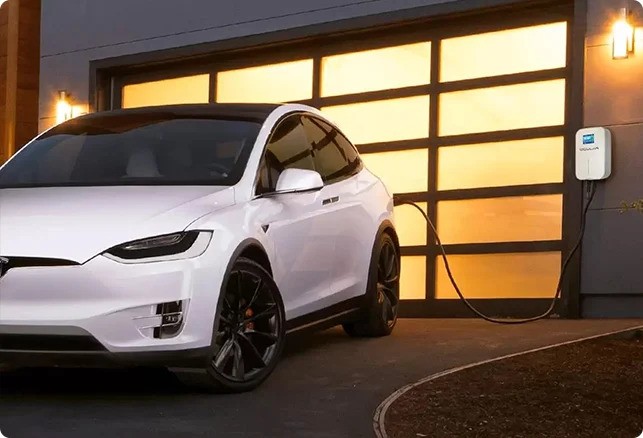From April 2025, EVs will no longer be exempt from Vehicle Excise Duty (VED), marking a significant change for motorists. The move comes as part of the government’s broader strategy to balance tax revenue while encouraging the transition to greener transport.
How the New VED Rules Will Affect EV Owners
For the first time, EV owners will be required to pay car tax, with rates expected to align with those for petrol and diesel vehicles, currently set at £190 per year. In addition, high-value EVs may face the Expensive Car Supplement, which applies to vehicles costing over £40,000.
Marc Dal Cin, EV expert at EV Charger Installation, said, “While the introduction of VED for EVs might come as a shock to some drivers, it’s worth remembering that EVs still offer significant savings in running costs compared to petrol or diesel cars. The long-term financial and environmental benefits remain compelling.”
Balancing Costs and Benefits
This change, introduced in the 2022 Autumn Budget, is expected to generate £15 million in the first year and a projected £415 million annually from 2025/26 onwards. However, the government is offering some relief by freezing first-year VED rates for zero-emission vehicles until 2029/30.
Marc Dal Cin highlights the importance of these measures:
“It’s encouraging to see that the government recognises the need to balance revenue generation with incentives for EV adoption. The freeze on first-year rates helps ease the financial burden for new EV buyers, ensuring that going electric remains an attractive option.”
Why EVs Still Make Financial Sense
Despite the upcoming tax changes, the savings on fuel and maintenance costs for EVs continue to outweigh those of traditional cars. For example:
Fuel savings: Charging an EV at home can cost as little as 7p per kWh during off-peak hours, a fraction of the price of petrol or diesel.
Maintenance savings: EVs have fewer moving parts, meaning lower repair costs and longer lifespans compared to combustion engine vehicles.
Marc adds: “For those considering making the switch to electric, it’s essential to look at the bigger picture. EVs still provide significant cost savings over time and remain the most effective choice for reducing your carbon footprint.”
The Future of EV Ownership
As the UK continues its transition to electric mobility, infrastructure is growing to support the shift. The number of public and home charging stations is increasing rapidly, making EV ownership more convenient than ever.
Marc concludes: “These tax changes shouldn’t deter drivers from choosing an EV. Instead, they highlight the importance of planning ahead—whether that’s taking advantage of home charging or exploring tariffs designed for EV owners. With the right approach, EVs remain the smarter, greener choice.”







